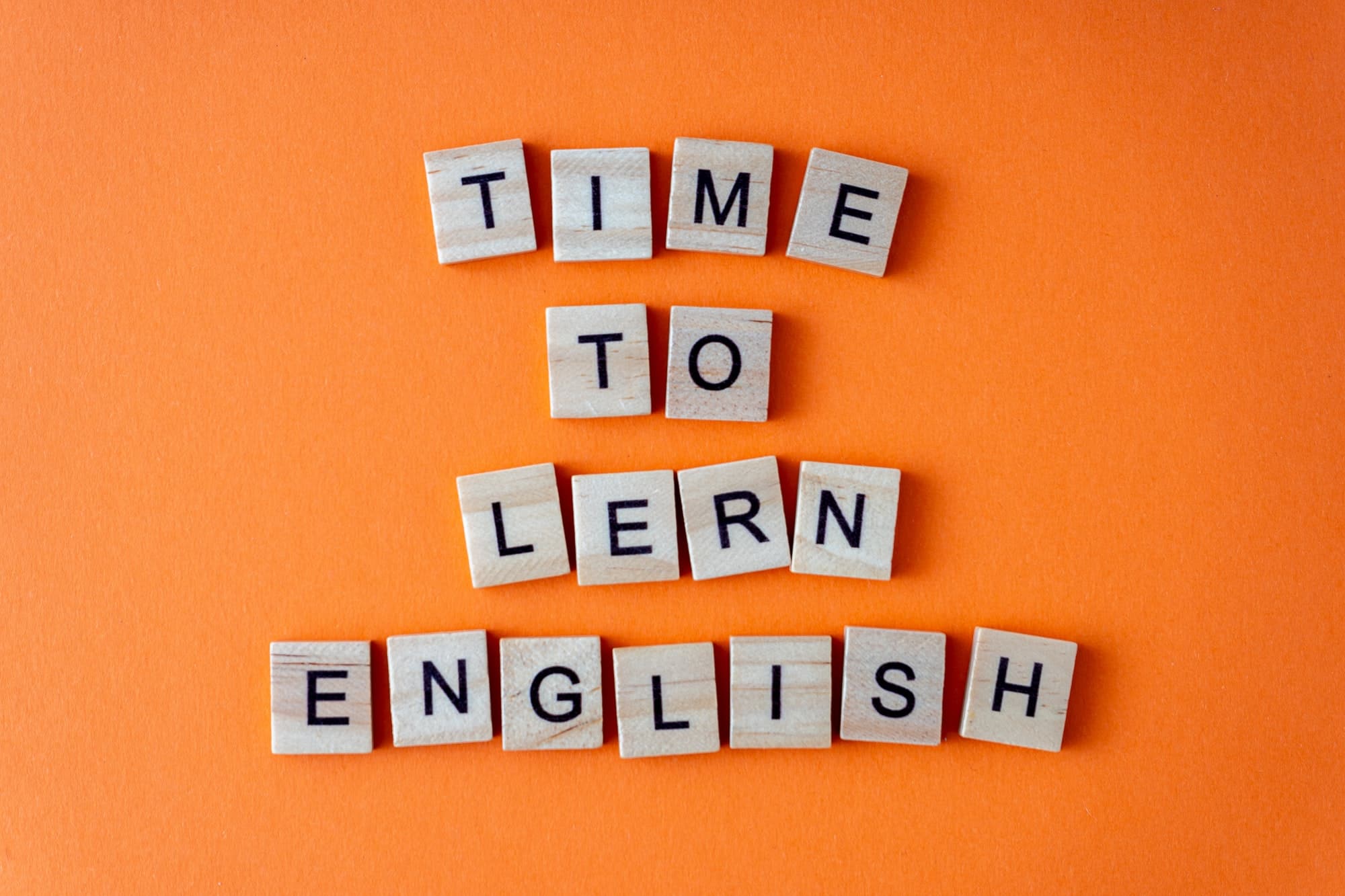What to know about puns?

Playing with words is an activity that witty people indulge in. They can be imbued with humor, subtlety, creativity, even depth. If you also like to have fun with words, this article is written to satisfy you. Discover the essential things to know about language games, from the simple definition to examples that you can include in your next conversations.
What exactly is a pun and why is it popular?
For laymen, puns refer to the creative use of words to create comedic, literary, or rhetorical effects. To achieve the desired effect, you can play with the meaning of a word, its sound, its spelling or even its meaning. You can visit this site to discover some examples.
Also to read : Grey tiles: the top choice for low-maintenance, high-style floors
This type of fun is enjoyed by some people, those who are witty enough to understand them. Most of the time, they are used to make people laugh. This is why they are particularly appreciated. They can also stimulate the imagination and demonstrate the richness and flexibility of a language.
Some examples of puns
There are many types of word games and it is difficult to master them all. Here are the best known:
This might interest you : National energy policy
Sporewords: These games consist of swapping letters, syllables or words between different parts of a sentence to create a hidden or humorous meaning. For example: “A bad dog” becomes “A dad bog”.
Puns: Puns play on the phonetic similarities between two words to create a humorous effect or a double meaning. For example: “It’s hard to beat scrambled eggs for breakfast! »
Homophonies: Homophonies use words that are pronounced the same, but have different meanings. For example: “If you sell drugs, you will end up in a prison cell.”
Of course, there are dozens of other forms of puns. Examples include anagrams, palindromes, paronomases, charades, rebuses, and much more. Note that each of these techniques uses a specific linguistic manipulation to create the desired effect.
Techniques used and rules to follow to create successful puns
To create successful puns, it is important to master certain techniques and follow a few basic rules.
To begin, play with the multiple meanings of words. Play on the multiple meanings of words. So you need to look for words that have multiple meanings or similar sounds. Then explore possibilities for using them creatively in your wordplay.
It is important to avoid using too much force. Puns should be natural and fluid. Also keep in mind that the best puns are often the simplest. When they are too long or too complicated, they can lose their comic effect. Finally, learn to adapt the pun to the context in which it is used. What is funny in one situation may indeed seem out of place in another.
Examples of famous wordplay in popular culture
Some wordplay has become cult names. They can be found in popular culture, whether in literature, film, music or advertising. Here are a few emblematic examples:
“We must all hang together or assuredly we shall all hang separately.” A clever way for Benjamin Franklin to emphasize unity.
In Romeo and Juliet, Mercutio, after being mortally wounded, declares, “Ask for me tomorrow, and you shall find me a grave man.” A play on “grave” meaning both serious and a resting place.
Stand-up comedians like George Carlin and Mitch Hedberg excel at wordplay. Hedberg’s line, “I used to do drugs. I still do, but I used to, too,” is both witty and absurd.
In his film “Annie Hall”, Woody Allen says: “Don’t knock masturbation, it’s sex with someone I love”, using the ambiguity of “knock” for a humorous pun..
These examples illustrate very well the diversity and the creativity of wordplay in pop culture, demonstrating their power to entertain and captivate people across the ages.
